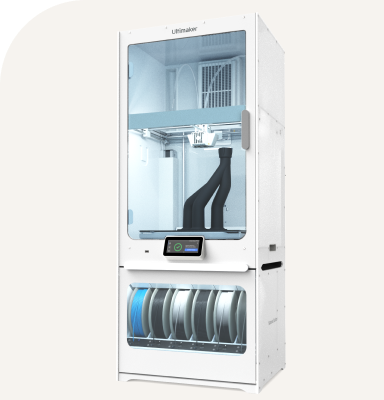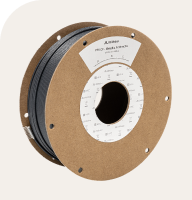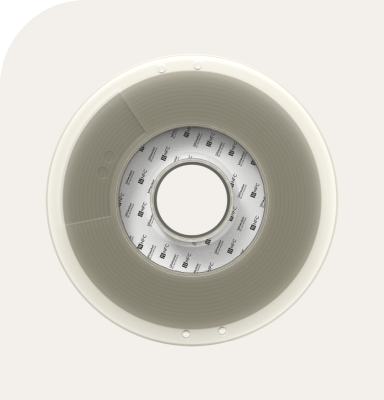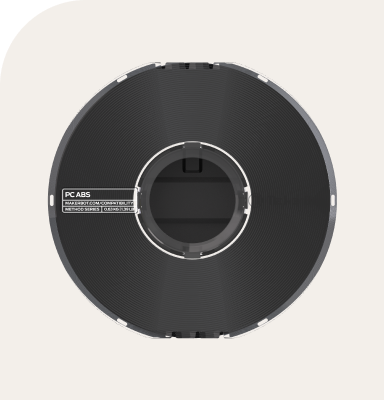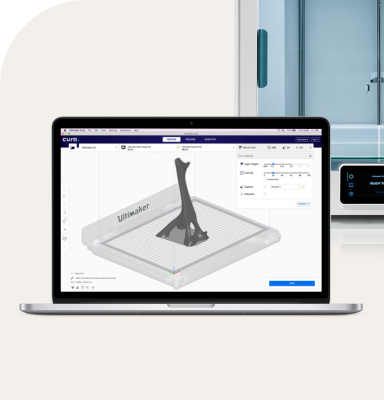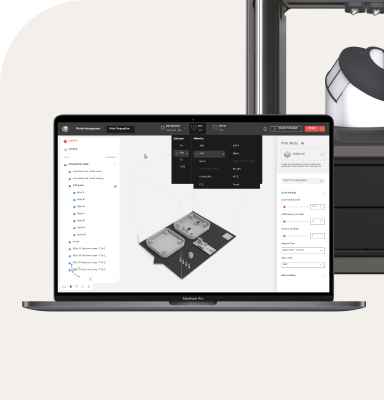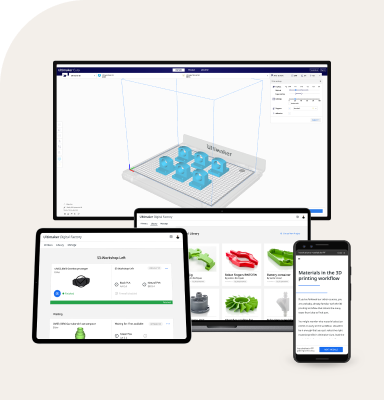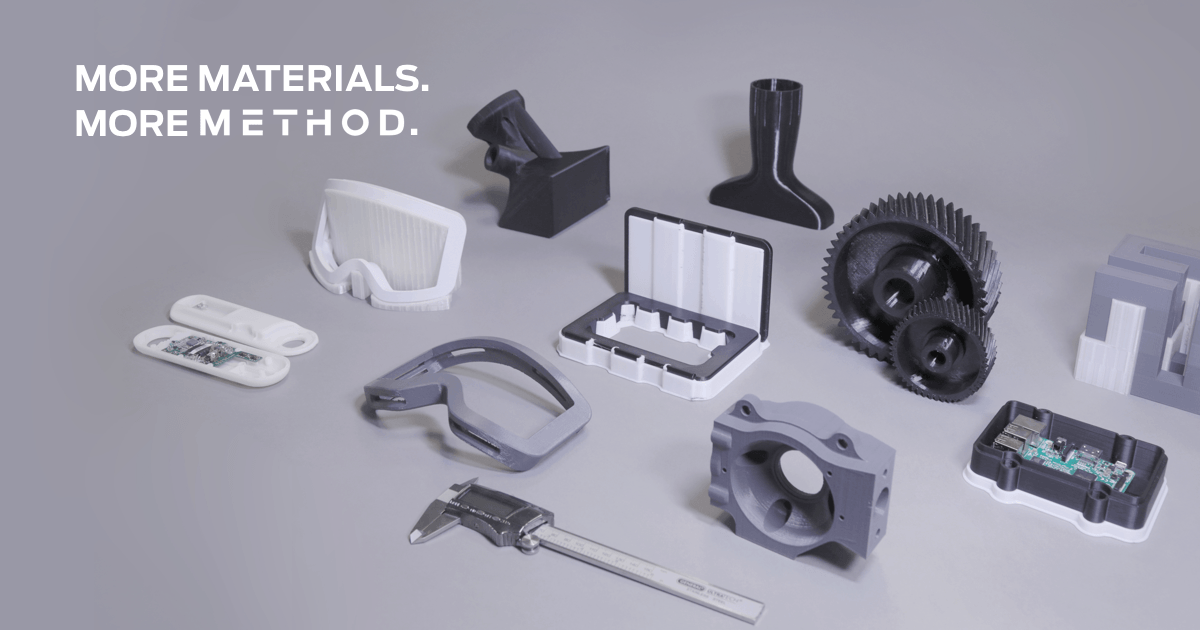-
3D printers
Back
S series 3D printers
Unlimited application potential.
Method series 3D printers
Specialized for engineering applications.
-
Materials
Back
Factor series materials
High-performance and certified materials
S series materials
Over 280 materials to choose from.
Method series materials
From polymers to composites to metals.
- Software
-
Applications
Back
Automotive
Optimize production processes
Defense
Keeping defense assets operational
Education
A 3D Printer Platform Made for Education
Product development
Take your designs to the next level
- Learn
-
Contact us
Back
Support
Explore our support content
Contact sales
Pricing or financing options
Contact us
Press and general inquiries
Open a support ticket
Contact our support team directly



